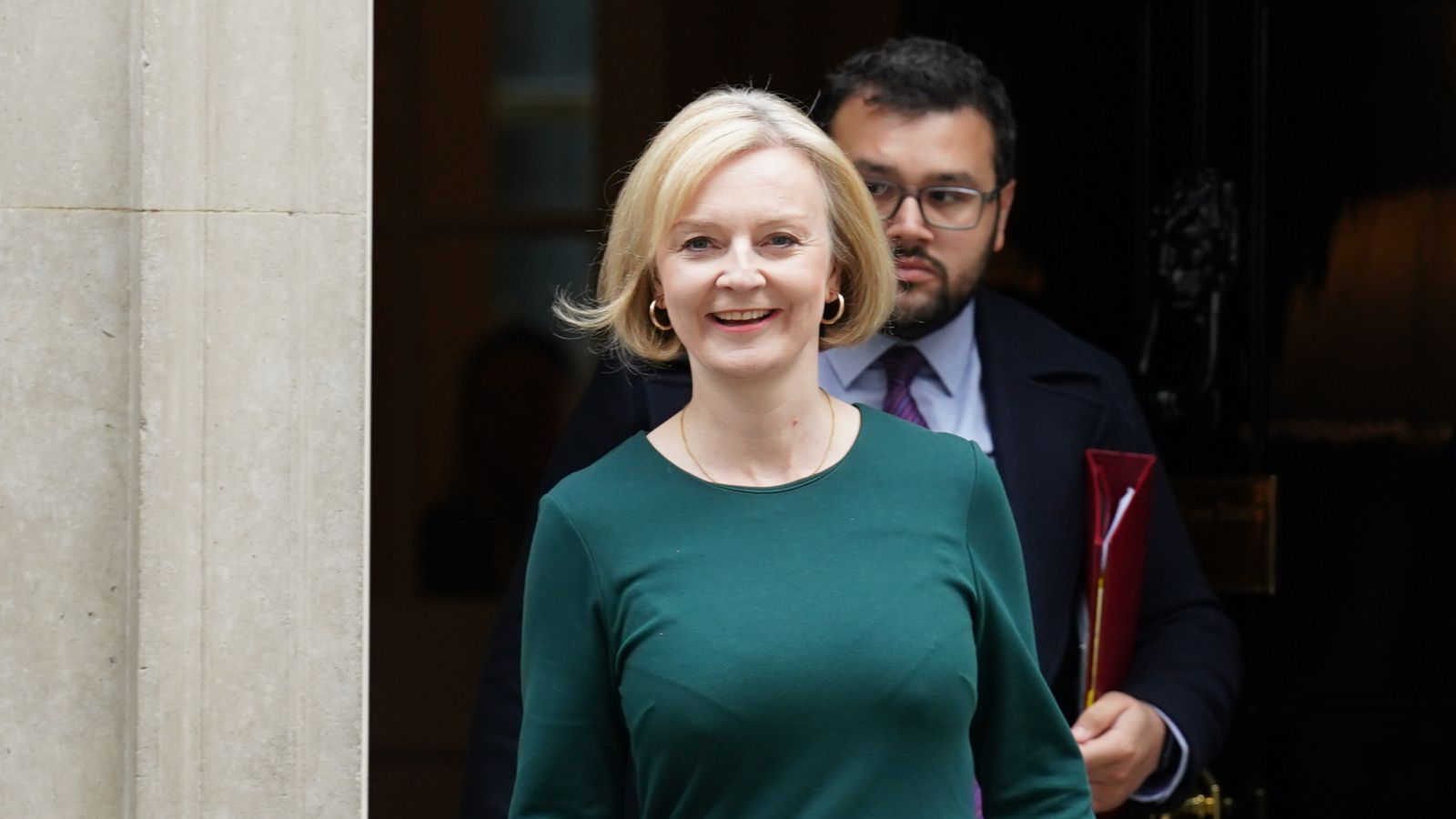How significant is Liz Truss’s pledge on public spending cuts? | Sam Coates

Liz Truss has said publicly what Downing Street has said privately for some time: that there will “absolutely” be no public spending cuts.
The prime minister wants to be seen sticking to the promise she made during the Tory leadership campaign. It drew gasps in the chamber and sounds like a big deal: but it’s complicated and some caution is required.
This is a more wide-ranging commitment than the line from the Treasury for the last couple of weeks that the chancellor, Kwasi Kwarteng, would stick to the three-year spending plans set out under Boris Johnson’s government in 2021.
However there is much public spending outside of Whitehall departmental totals presumed to be in the firing line, as this government works out how to credibly fill the black hole created by the mini-budget with its tax cuts and energy price plan. And post-2025 spending settlements are clearly under fire.
Politics latest: PM pledges not to cut public spending and says ‘last thing’ country needs is a general election
This does represent another, tougher self-imposed limit to her options. But how significant is it?
It’s very important to remember that much of the debate is not necessarily about cuts in absolute terms, but about growing more slowly.
That’s the nub of the very public debate the cabinet has been having about whether to uprate – or increase – benefits by wages or inflation.
In either scenario, the budget grows, just more slowly by the former than the latter.
Advertisement
The challenge is that inflation – at recent record highs – will eat into these increasing budgets, in a way that will feel like public spending cuts. Often spending review settlements are presented once inflation is taken into account.
Please use Chrome browser for a more accessible video player
1:16
Truss ‘absolutely’ won’t reduce spending
This government can keep the absolute figure of spending level for years, but each pound available will go less far.
It’s also unclear how you make the tens of billions needed to cover the additional borrowing that Ms Truss’s mini-budget created.
But there’s much we don’t know about what Mr Kwarteng will need to do on 31 October: we don’t know the actual size of the black hole (could it be materially less than the £60bn+ forecast by the IFS?), could the renewable energy “windfall tax”-style deal raise tens of billions, could other Treasury “tricks” – like raising the state pension age and increasing future migration programmes – also flatter the public finances?
There’s an awful lot we don’t know.
It’s also important to remember that if you’ve just spent £200bn more on public spending in the first month of the Truss government it’s actually quite easy to say public spending won’t dip below the starting baseline – presumably the day she came to government – in future.
So the PM may well be telling people that the government isn’t shrinking spending but it might not feel like that to voters.